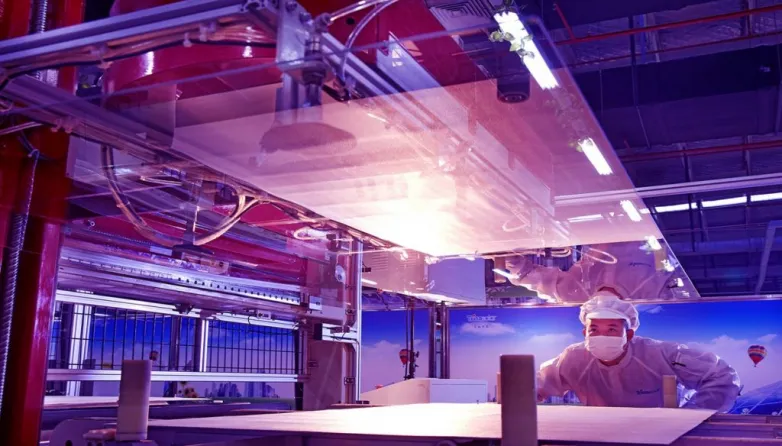IEA: governments must prepare for 'looming' surge in resources need
- Federal governments globally must ensure that there are sufficient raw materials readily available to solar as well as energy storage programmers to safeguard the energy change.

That's according to a brand-new report from the International Energy Association (IEA) that has actually alerted that there is a "looming inequality" in between global net-zero targets and the availability of essential minerals such as lithium, copper and colbalt that are required to develop crucial components and also technologies made use of in power systems.
Confidence Birol, IEA's executive supervisor, said that governments "must provide clear signals" to the renewables sector about exactly how they will "turn their climate promises right into activity", as well as make certain a smooth clean energy shift.
" By acting now and also acting together, they can considerably minimize the dangers of rate volatility and also supply disturbances," Birol said.
Transitioning to clean power generation will certainly "drive a substantial rise in the demands for these minerals," the report claimed. Nonetheless, it is unclear just how quick growth in demand for resources will certainly be. The IEA's report took a look at different circumstances based upon current federal government policies on renewables deployment (Mentioned Policies Circumstance, or STEPS), capability growth in-line with the Paris Agreement (Sustainable Advancement Scenario, or SDS), and accomplishing global net-zero discharges by 2050. If battery energy storage ability grew according to SDS, after that international demand for lithium might climb by 4000% by 2040, with need for graphite and nickel showing comparable spikes. Cobalt need, the report claimed, could be between 6 and 30 times greater than today's levels depending on exactly how battery chemistry and also climate policies evolve over the coming years.
Although wind power would certainly require the best proportion of basic materials to sustain growth, solar PV systems follow closely "due to the large volume of ability that is added", the report said.
The IEA called for governments to outline lasting emissions goals, support even more resources recycling to alleviate supply restrictions, as well as promote even more partnerships between mining groups as well as suppliers worldwide.
Skyrocketing need for, and scarcity of, resources in China triggered component costs to soar over the past 12 months, with some centralised purchase supplies seeing year-on-year rate rises of as high as 14% relying on the components' type as well as anticipated power output.
A smooth energy shift, IEA said, will certainly call for "strong development in investment in mineral supply to stay on par with the quick speed of need development."
The report set out 6 key recommendations to ensure mineral security for the international energy change. They consist of:
- " Adequate financial investment" in varied supply chains
- Additional research into new innovations to decrease the quantity of minerals needed or utilise brand-new ones with lower existing demand
- Scaling up raw material recycling
- Routine stress tests and also evaluations of existing supply chains to comprehend how resilient they are
- Job under higher environmental standards to lower exhausts in mining itself
- Develop "an overarching global structure for discussion and policy co-ordination among manufacturers", which would certainly help global stakeholders to share information as well as know-how to shut knowledge gaps or prospective issues within supply chains.
Some governments have actually currently moved to guard supply chains as the change heats up. In February, United States President Biden signed an Executive Order that determines the importance of mitigating threats in the supply chain for "big ability batteries". The European Union has additionally moved to establish battery supply chains beyond Asia, where the majority of the world's production is. The Democratic Republic of the Congo (DRC) and China, as an example, was in charge of some 70% and also 60% of international production of cobalt as well as rare earth aspects respectively in 2019, IEA claimed in its report, adding that the concentration is "also higher" for refining operations like refining.
Last September, the European Commission added battery products such as lithium to a checklist of mining materials that it regards necessary to protect a domestic supply of.
Also read

